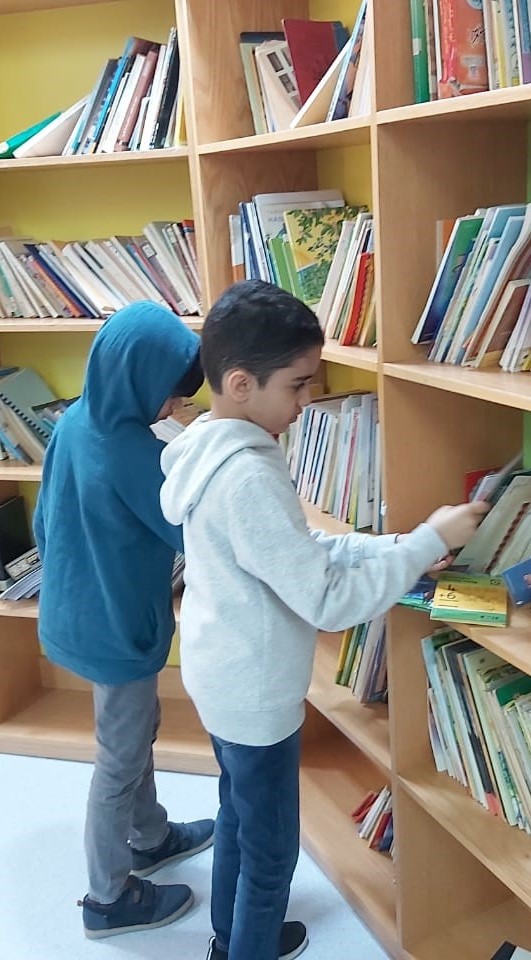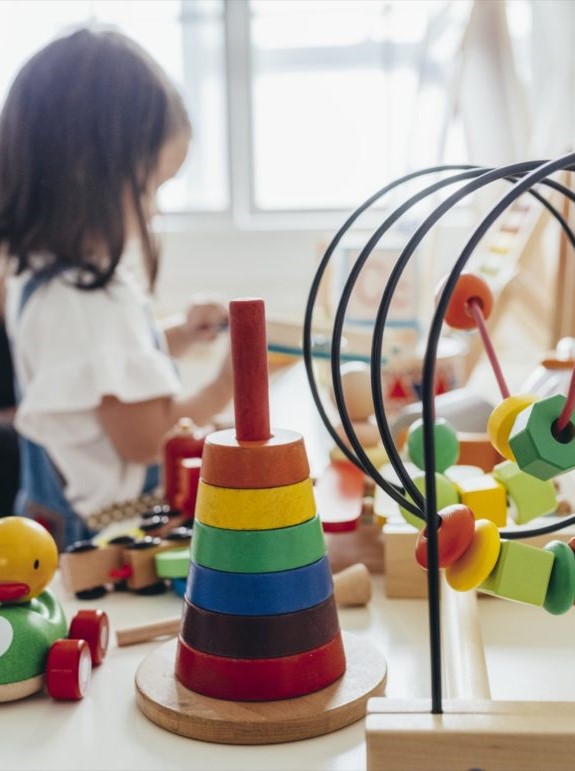Programs
Our educational academy is distinguished by the diversity of its distinguished and diverse educational and enrichment programs in the belief that education is developing and we are keeping pace with this development , so Qudrh Schools are keen in providing all its branches in keeping with qualitative educational that copes with educational developments, and providing creative educational curricula with modern scientific standards to build an ambitious leadership generation, and use the latest education methods to empower tomorrow’s leaders, and include many educational tracks:

Memorizing and teaching the Noble Qur’an
Memorizing the Noble Qur’an contributes to promoting:
It works on clarity of mind
Strengthens memory.
It achieves peace and psychological stability.
Contributes to creating unspeakable joy and overwhelming happiness.
It works to get rid of fear, sadness, anxiety and various negative feelings...
Enhances the power of Arabic language, logic and mastery of public speaking.
Contributes to the ability to build better social relationships and gain people's trust.
It treats chronic diseases that people suffer from.
It develops awareness, comprehension and understanding.
It leads to a sense of strength, psychological calm and stability.
Computer and information technology
Programming has become an essential skill in our world today, just like learning to read and write, and it is best for a child to start acquiring it at an early age..
What will give your child precedence when starting?
• Programming develops thinking skills.
Programming requires high levels of activity in multiple areas of the brain and develops practical logical thinking .
• Programming promotes creativity .
Working on programming projects inspires imagination . Children start to think in new ways and solve problems in creative ways .
• Programming enhances confidence .
The design and implementation of programming projects from the beginning and the children sharing the products they made with their own hands with their families and friends makes each child feel successful.
• Programming contributes to success in other areas .
Learning to program is a new way of thinking about abstract mathematical concepts . It also encourages creative thinking . It teaches students a new, logical way to communicate . As a result, it enhances students' success in other fields as diverse as mathematics, art, and reading .
• Programming leads to innovation .
Programming is everywhere . Coding has revolutionized the way we gain knowledge, work, and connect with people . Learning to code at an early age gives young people the tools they will need to play an active role as creators in this new digital world.
• It is best to learn programming at an early age .
Learning to program is often compared to learning a new language . Children learn faster, understand better, and comprehend more when they learn to code at an early age .


library period
The library share develops several aspects and skills of the child:
Listening skill: When the teacher reads stories to children in an interesting and attractive way, the child improves listening to her and focuses on the details of the story, which develops the listening skill.
Reading skill: When the teacher lends the children small stories that are appropriate for their age, in addition to drawings, this requires them to read them, and from here they learn new words and are good at reading them.
Choice and decision-making skill: When the teacher gives her students the freedom to choose the story or the small book during the loan period, this breaks the barrier of confusion for them and enhances the skill of decision-making.
Respecting time: When the teacher sets a specific time for loan and return, the student will abide by the instructions of his teacher and learn the meaning of respecting time, not being late, and returning rights to their owners.
Self-reliance: This skill develops by leaving the freedom of choice for the story in the first place, then relying on himself to complete the task of reading entrusted to him, and relying on himself to remember the day it was returned.
Develop the child's taste and increase
his linguistic yield: When the child gets used to borrowing and reading again and again, his linguistic taste develops, and he does not like any unfashionable words after that. In learning to speak better.
Montessori Curriculum
What distinguishes the Montessori educational curriculum from the rest of the well-known and popular programs?
The Montessori educational curriculum has several advantages, including:
Teach or teach individuals as well as groups: In Montessori teaching, the teacher gives lessons to the children individually and other children can observe if they are interested.
The child does not have to engage in work he is not ready for: the desire to learn remains the main motivator for every activity.
Children learn more by doing than by listening and remembering: Children learn through training on educational tools that embody the principles that a child must learn or master. For example, when children learn about geometric shapes such as triangles, squares and circles, they do so through real shapes and use them by creating designs.
The Montessori system is based on freedom of choice and not on setting timed activities: since everything in a Montessori environment is designed to be useful and educational, the child is free to choose what suits his desires and interests.
The comprehensiveness of the Montessori curriculum: it teaches more than just the basics as it develops:
The child's mental ability
His ability to control movement
Use of the senses (development of observation)
thinking (development of cognition)
determination (volitional development)
Awareness, awareness and control of his emotions (emotional development)
The ability to distinguish between good and bad behavior (moral development)
The mechanism of obtaining friends and being a contributing member of the group (social development)
Language use (language development)

